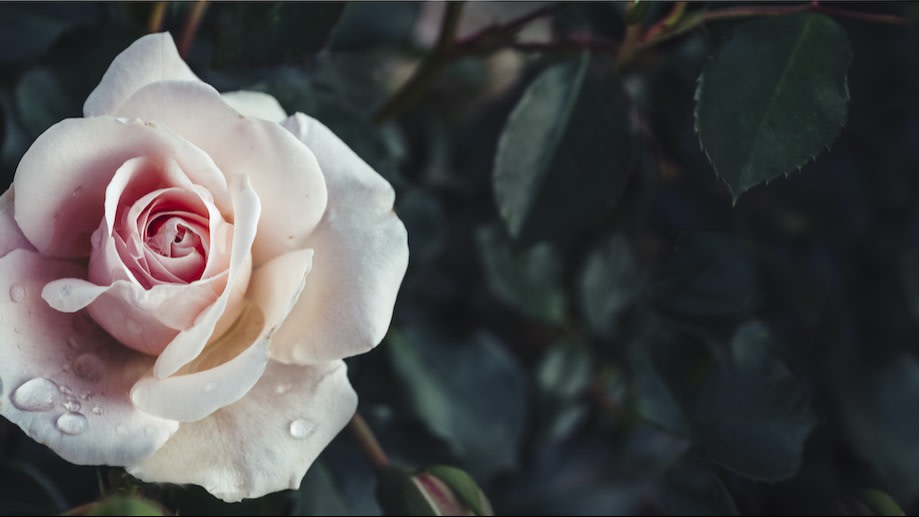Are Roses Edible? 6 Culinary Uses for Roses
Written by MasterClass
Last updated: Apr 6, 2022 • 2 min read
Roses are one of the most popular edible flowers, and for good reason. They come in a dizzying array of vivid colors, give off a pleasant aroma, and have a refreshingly floral flavor.
Learn From the Best
Are Roses Edible?
There are over 150 varieties of rose plants—all of which are edible. Rose petals have a tender texture and a mild, floral flavor. Plus, they contain antioxidants and are high in vitamin C and vitamin A. In fact, herbal medicine often uses rose petals as a treatment for a variety of ailments. You’ll find rose flavors featured prominently in Middle Eastern recipes. When harvesting roses, avoid rose bushes that may have been exposed to chemicals or pesticides. Rose leaves, petals, buds, and hips are all edible parts of the plant. When preparing rose flowers for eating, remove the white parts of the petals, which can be bitter.
6 Culinary Uses for Roses
Test out some of these common ways to use rose petals in your cooking:
- 1. Garnish: Fresh rose petals from a classic red rose make for an attractive and aromatic garnish for baked goods, soups, and cocktails. Rose petals can also be candied for an extra bit of sensuous sweetness.
- 2. Baked goods: Many Middle Eastern and Indian dishes use edible roses and rose water as the key flavoring agent in pastries and desserts.
- 3. Jellies and jams: Use rose jellies to fill pastries such as croissants or baklava. Fresh or dried rose petals, as well as rose hips, are perfect for making jam with a sweet, floral flavor. Try spreading it on a scone or drizzling it over ice cream.
- 4. Syrup: Rose syrup lends a botanical flavor to coffee drinks and cocktails.
- 5. Herbal teas: Steep rosebuds in hot water for a refreshing, herbal tea that is full of antioxidants.
- 6. Rose liqueur: Use rose liqueur to make martinis and spritzes.
Are Roses Poisonous?
Roses are not toxic to humans or animals. However, watch out for pointy thorns when harvesting rose flowers. Wild roses or roses specifically grown as edible flowers are best. Florists and garden centers often sell roses that have been treated with fungicides, fertilizers, or pesticides. Always wash roses thoroughly before eating, and avoid eating roses that have come in contact with toxic chemicals.
Ready to Explore More of the Great Outdoors?
Prepare for any outdoor journey by grabbing a MasterClass Annual Membership and committing Jessie Krebs’s wilderness survival course to memory. As a former United States Air Force Survival, Evasion, Resistance, and Escape instructor, Jessie can teach you everything you need to know about packing for a trip (neon is the new black), purifying water, foraging (crickets: the other white meat), starting a fire, and signaling for help (forget SOS).
